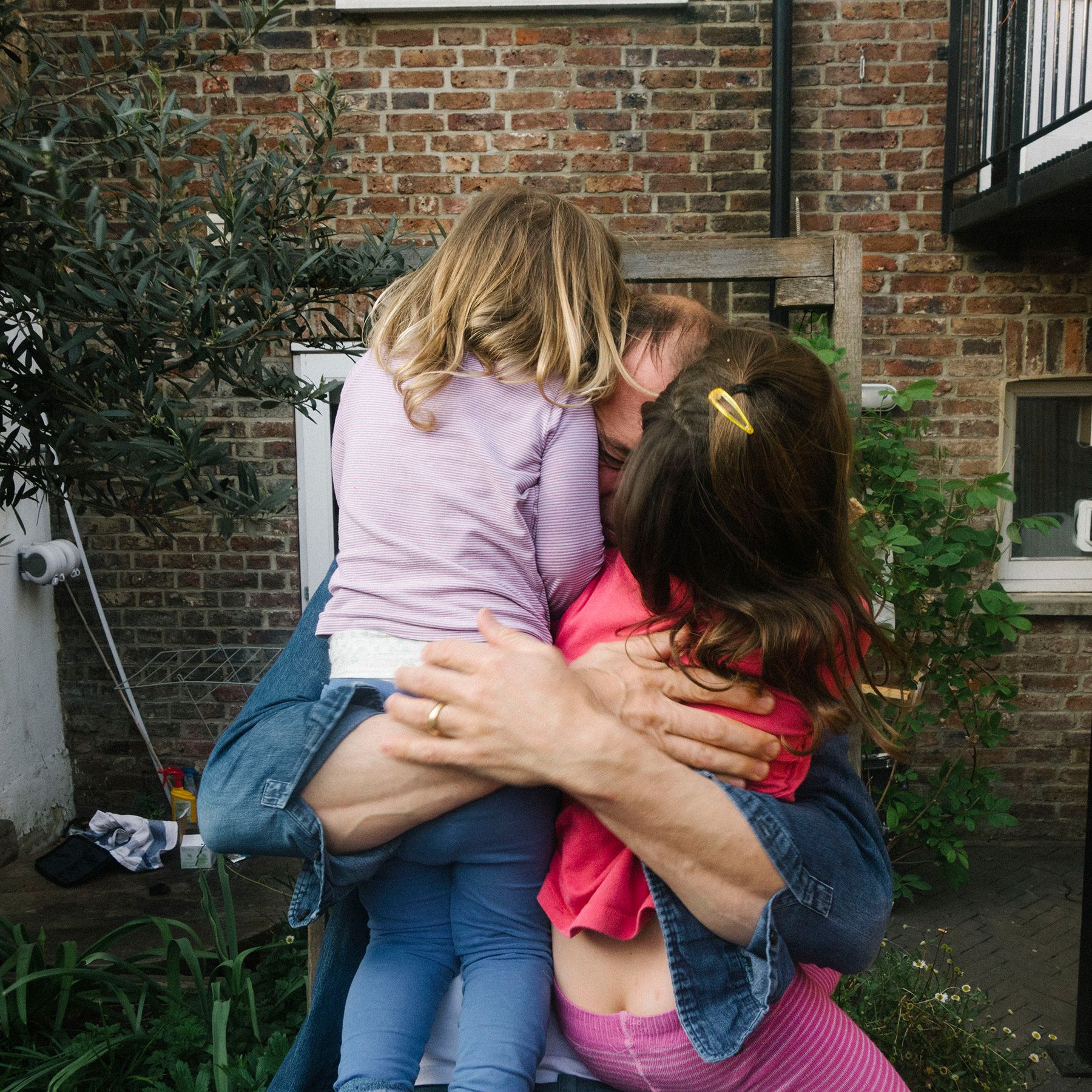
How to get the most out of caregiving
is the author of When You Care: The Unexpected Magic of Caring for Others (2024). She is a writer and cultural critic whose work appears in The Atlantic, Slate, Glamour and elsewhere. She lives in Oakland, California.
Care is an inevitable part of life. We all begin our lives receiving care and many of us will end our lives that way too. The majority of us will also spend much of the time in the middle giving care. This includes the time spent caring for our children, sick friends or family, and/or elderly parents. You might like to think of people as primarily independent, but the bulk of our lives is spent in relationships defined by dependence.
Caring – or being in an ongoing care relationship with someone who relies on you to survive – is hard. There is no way around this. Having another person depend on you is a significant responsibility, even in the easiest of circumstances. In the most difficult of circumstances, you will likely experience a daily struggle to meet the most basic needs of the person you are caring for, let alone your own.
At a practical level, caring often has a negative effect on our bank accounts, sleep schedules, ability to exercise, socialise and tend to a number of other basic needs. This is all made worse by the fact that many of us live in societies that fail to support parents and caregivers, or carers as they are called in the United Kingdom. (For the rest of this Guide, I’ll use the words caregiver and carer to refer to anyone who cares for another on a regular basis, whether for a child, parent, spouse, partner, sibling, relative or friend.)
















